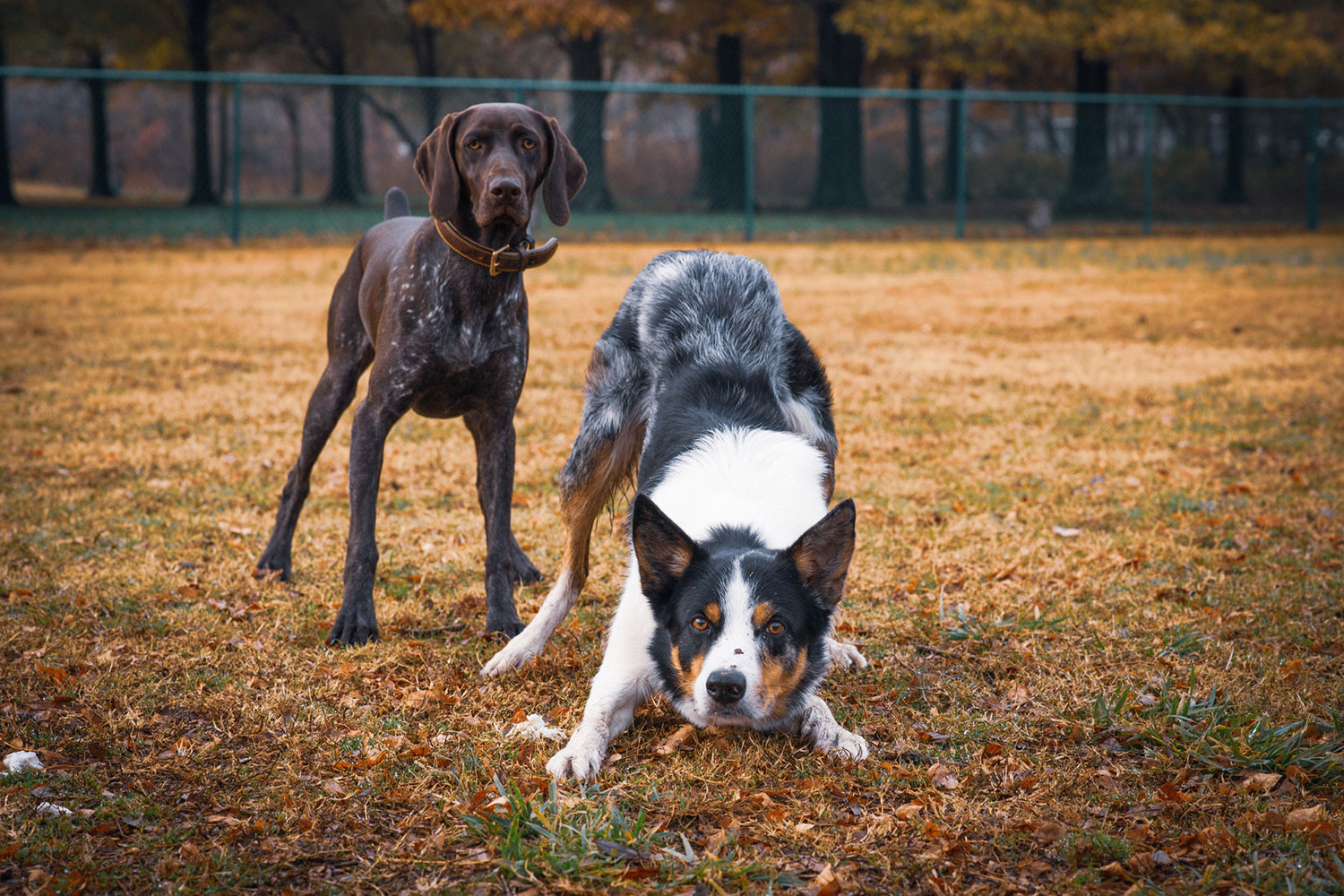Pet ownership – or pet parenting as we like to call it – comes with much of the same responsibility as raising a human child, at least in the beginning. There are plenty of dos and don’ts to consider, lest you want to put your animal in an early grave. That’s not a pleasant thought, of course, but neither are the things pet parents do, deliberately or innocently, that cause their dogs, cats and other household animal’s harm. Here’s what needs to stop right now (Photo by Brixiv).
Bringing home an animal you know nothing about
Don’t bring home a pet until you learn everything about it, begs Nora Glover, founder and editor-in-chief of cat blog Catademy.
“Animals have needs and don’t have return policies like your new smartphone,” she says. “They may seem very independent, but it’s actually not true. Cats require quite a lot of daily care and attention from their owners to live a long and happy life. Your pet owner’s duty is to know about all your cat’s needs and learn how to satisfy them.”
Letting cats roam the neighborhood
Outdoor cats pose several problems, like contributing to the feral feline population through procreation, killing wild birds that should be protected from unnecessary predators, and drawing the ire of your neighbors from doing their business in their yards. Furthermore, outdoor cats have an average life span of two years versus 12 when kept inside a loving home. That disparity in longevity alone should encourage any responsible cat owner to keep it safe indoors. If you’d like your cat to experience the outdoors, take it on a leashed walk or build an inescapable enclosure in your backyard and call it a “catio,” because that sounds cute as hell.
Leaving dogs unattended outside
Small dogs left unattended outside can become snacks for predatory animals like coyotes, hawks and alligators, depending on where you live. Being hit by moving vehicles is another, more likely cause of an outdoor dog’s untimely death. Exposing the animal to extreme heat or cold is a giant no-no as well. And then there’s the snatching, wherein criminals steal dogs to resell to an unsuspecting buyer, sell into dog-fighting rings, or hold them for ransom until your posted reward becomes high enough for the thief to pretend, he or she found it wandering the streets. This happens right in pet parents’ front and backyards when they’re not watching. Don’t let yourself be a victim by being irresponsible.
Leaving an animal in the car alone
If you’re popping into the convenience store for three minutes on a cool day, sure, your dog can stay in the car with the windows cracked for that length of time. But if you’re going on an hour-long Target run – because, let’s face it, even if you went in there with a list, you’re coming out no less than an hour later – leave your pet at home or take it inside with you. Most stores don’t bat an eye at a well-behaved dog in a shopping cart these days, so long as food isn’t being served in the immediate area.
Allowing dogs to ride unrestrained in the back of a pickup truck
According to American Humane, 100,000 dogs die in accidents each year because they were riding in truck beds. These accidents don’t have to involve a collision, either. Dogs can jump out, fall out, be stolen, receive eye injuries from flying debris, have paws burned on bed liners, and suffer from hypothermia in cold weather and heat stroke in hot weather. If you wouldn’t make your human best friend ride unrestrained in your flatbed, why should your canine best friend have to (Photo by Tina Nord) ?
 Feeding your pets harmful foods
Feeding your pets harmful foods
Pet discussions usually involve dogs and cats, but what about other pets, like rabbits? Grass hay should account for 75 to 80 percent of their diet and be supplemented with fresh leafy greens and pellets, according to Sarah Logan, editor of The Bunny Hub. Foods you should never feed your rabbit include chocolate (this goes for dogs and cats, too!), walnuts, avocados, bread and grains, meat, dairy, rhubarb, iceberg lettuce, and potatoes. No matter what pet you have, always research what foods they can’t have before feeding them anything other than their usual diet. A seemingly innocuous snack treat could have deadly consequences if you’re not careful.
Blaming bad behavior on your pet’s breed
Cats and dogs aren’t stupid. But many people make excuses for their pet’s bad behavior by claiming the pet is goofy, can’t be trained, or has a bad temperament. Too often, poorly or untrained pets end up in high kill shelters, all because a human couldn’t or didn’t take the time to address and eradicate the bad behavior. If you have trouble, hire a professional.
Hoarding animals because you’re an ‘animal lover’
Hoarding animals is a mental illness and should be addressed as such unless you’re breeding pets for a living. The hard truth is, you can’t track the health and welfare of 20 dogs or 30 cats, and nobody wants to find your inadvertent collection of feline skeletons under a ceiling-high stack of National Enquirers five years from now.
Helicopter parenting a dog
Everybody knows that one person at the dog park who spoils all the fun. Their dog can’t lift a paw or get a sniff in before they’re scooped up and checked for injuries. Sometimes these people are judgmental, while others profusely apologize (for what, I’m not sure). Whatever the case, they just can’t seem to let dogs be dogs.
“Dogs bark, chase, and wrestle for fun; it’s in their DNA,” says Daniel Caughill, co-founder of The Dog Tale blog. “If you’re not comfortable with a little roughhousing, please stay away from the dog park, because you prevent everyone else from letting their dogs play when you start fussing.”
















